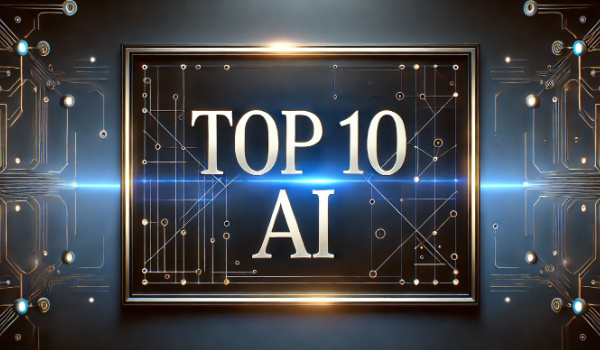Compute Clashes & Corporate Caution
This week in AI delivered sweeping infrastructure moves, deepening ecosystem alliances, and major consumer-scale launches — but also a noticeable shift toward financial and operational restraint. From next-gen chips to retail super-agents and record adoption data, AI’s expansion now runs in parallel with tightening capital markets and rising energy bottlenecks.
Key Highlights
-
Infrastructure ambitions meet real-world constraints. New hyperscale builds and AI chip lineups highlight accelerating growth, but energy and capital pressures are shaping the pace.
-
Enterprise AI moves from pilots to productivity. Retailers, cloud providers, and corporate operators rolled out embedded agentic tools signaling broader operational adoption.
-
Markets and regulators rethink AI’s trajectory. Bond spreads, governance questions, and regional tech-policy maneuvers show that scaling is now as much about economics and oversight as innovation.
Top 10 Viral AI Stories (Nov 13 – Nov 19, 2025)
-
Microsoft unveils interconnected “AI superfactory” datacenters in Wisconsin and Atlanta.
Microsoft launched a paired datacenter system engineered as a single, unified AI processing hub designed to run frontier-scale workloads. Early briefings emphasize energy-efficiency, liquid cooling, and end-to-end integration for model training and inference. -
Baidu reveals its new M100 and M300 AI chips in major push for Chinese self-sufficiency.
Baidu introduced two new chips targeting both model training and real-time inference, marking one of China’s largest steps toward domestic alternatives amid export constraints. The release was positioned as part of a national strategy to secure long-term independence in critical AI hardware. -
Tesla’s AI leadership warns staff that 2026 will be their “hardest year yet.”
During an internal all-hands, Tesla’s AI team told employees that next year will bring the most aggressive development cycle to date across Autopilot, FSD, and the Optimus robotics program. The message signals simultaneous scaling of software, hardware, and robotics initiatives. -
Anthropic secures multibillion-dollar investment as Microsoft and Nvidia expand their stakes.
Anthropic committed tens of billions in Azure compute over the coming years while Microsoft and Nvidia moved forward on a combined investment package. The deal reinforces a deepening alliance across cloud infrastructure, model development, and AI hardware. -
Google launches Gemini 3 directly into Search across global markets.
Google introduced Gemini 3 as its highest-performing model and embedded it directly inside Search, turning the flagship product into a fully AI-augmented experience. Early tests show major improvements in reasoning, multimodal responses, and retrieval fidelity. -
Legal-tech funding surges as AI transforms corporate workflows.
Investors poured more than $750 million into legal-tech companies building generative-AI-driven research, drafting, and compliance tools. Demand from corporate counsel seeking faster reviews and automated workflows continues to fuel the sector. -
New CCIA report finds generative AI is the fastest-adopted consumer technology in U.S. history.
Roughly 60% of U.S. adults have used generative AI, while daily workplace use jumped sharply over the past year. Researchers note that adoption curves are now outpacing smartphones, broadband, and social media. -
Oracle bonds drop as investors question rising AI-infrastructure debt loads.
Oracle’s bond spreads widened after disclosures highlighting increased financing needs for its cloud and AI buildouts. Investor concerns over leverage pushed yields higher and signaled a shift toward greater scrutiny of AI-infrastructure economics. -
Levi Strauss partners with Microsoft to deploy a next-gen agentic AI system.
Levi’s announced a new “super-agent” built on Microsoft’s AI stack to enhance direct-to-consumer operations and employee productivity. The system integrates inventory intelligence, customer support automation, and internal workflow tools across global teams. -
BluePill raises $6 million to build AI-powered “consumer twins” for instant market research.
BluePill is developing AI-based digital consumer simulations that enable brands to test campaigns, products, and messaging in minutes rather than weeks. Early pilot users report research cycle reductions of more than 80%.
Content provided by DWN’s team with the assistance of ChatGPT





